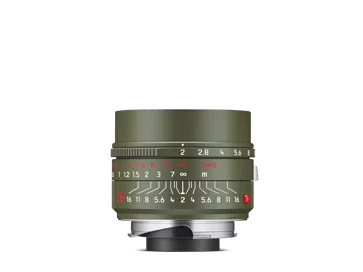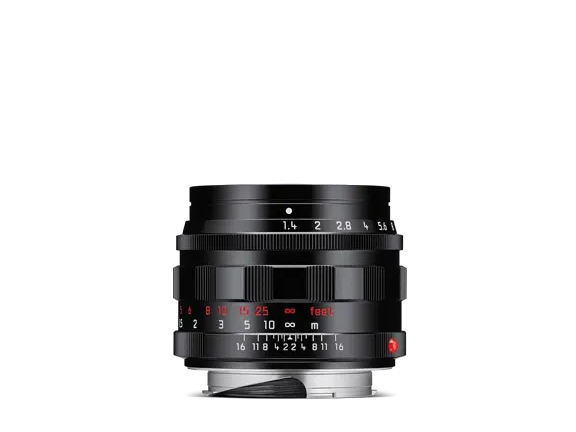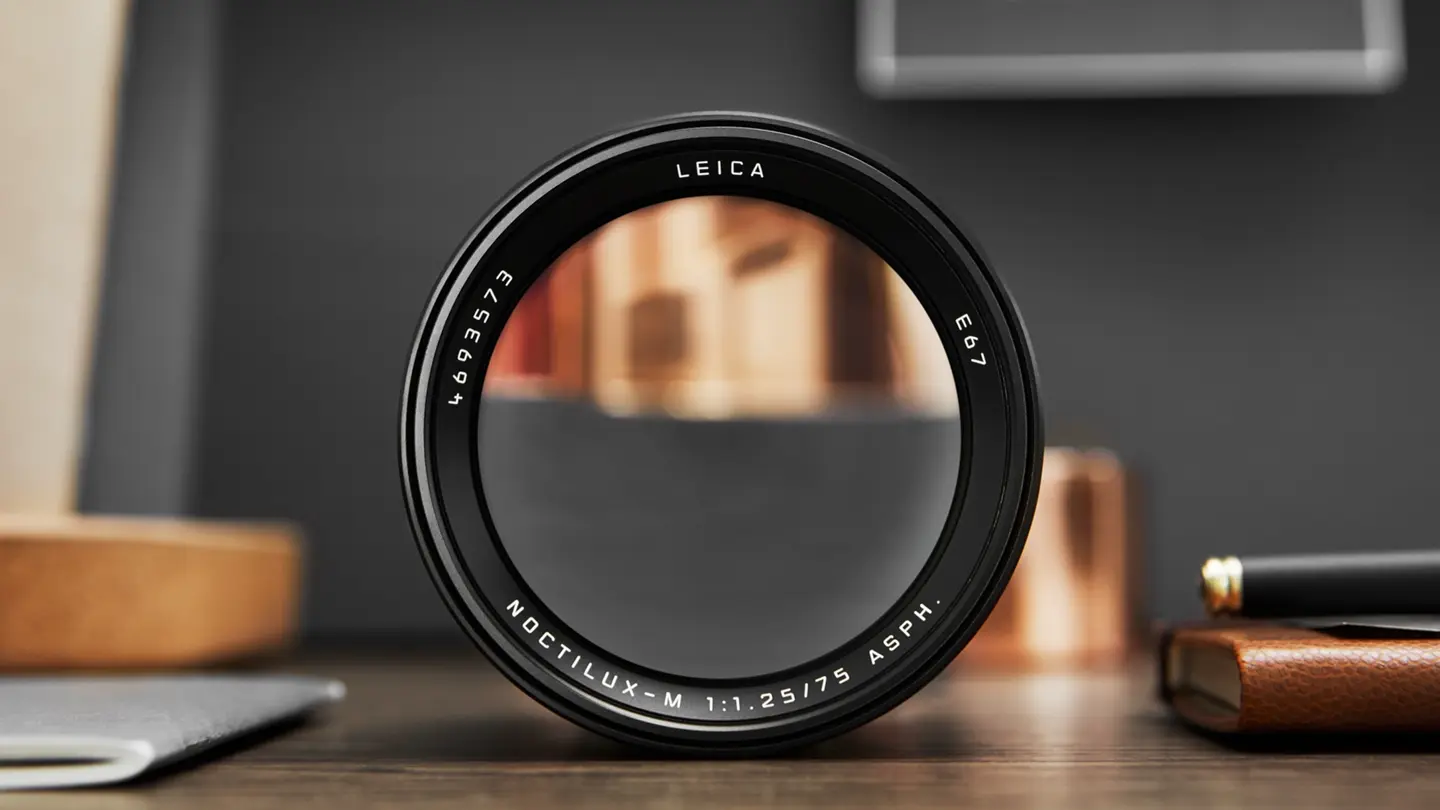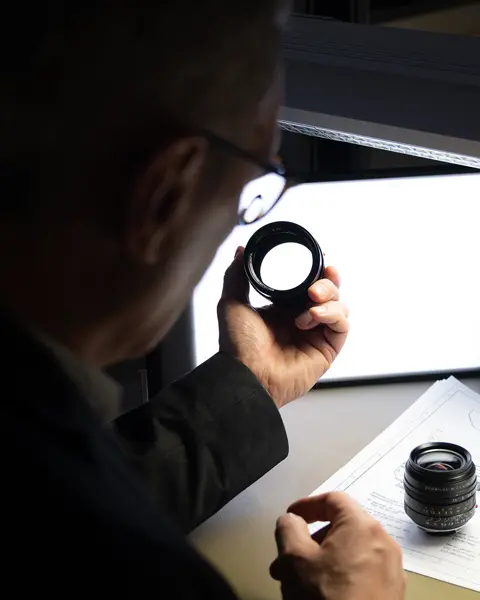Leica M-Lenses

Discover Leica M-Lenses. Masterpieces designed for precise, fast M photography, featuring a distinctive visual language.
Photography with the Leica M-System has always embodied the art of preserving decisive moments through iconic images. Leica M-Lenses lie at the heart of this heritage. Each possesses its own distinct character, shaped by the vision of its creators and the passion of those who work with it. This harmony of technology, craftsmanship and artistic vision makes Leica M-Lenses the preferred choice for photographers who accept no compromise in their pursuit of perfection.
Outstanding Optics. Desirable Design.
Four classic Leica M-Lenses in a distinctive design: discover exclusive versions in safari green or featuring a coveted glossy black finish.
Summilux-M Lenses
Enjoy creative expression that knows no bounds in any lighting conditions. Leica Summilux-M lenses offer an exceptional lens speed, stunning sharpness and a beautifully balanced bokeh, all within an impressively compact design. Ideal for portrait, available-light and reportage photography.
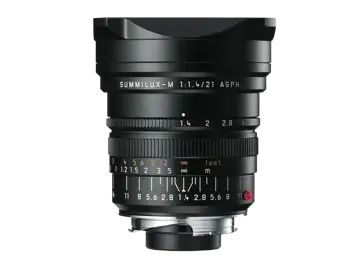



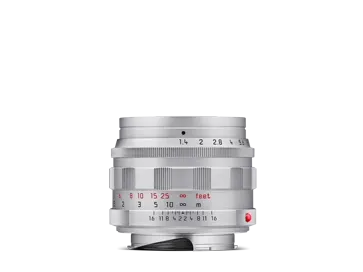
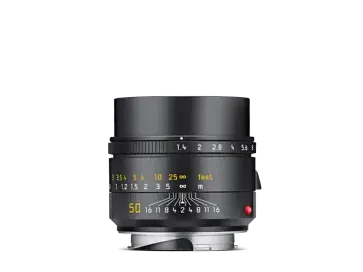
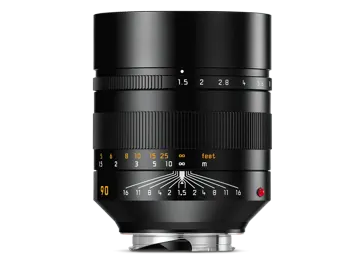
Noctilux-M Lenses
Noctilux-M lenses represent the pinnacle of lens speed and outstanding optical performance. They redefine the limits of technical possibility, crafting distinctive visual landscapes even in the faintest light. Their outstanding separation capabilities and distinctive visual aesthetics have established them as legendary elements of Leica photography.
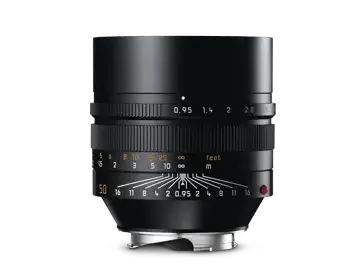

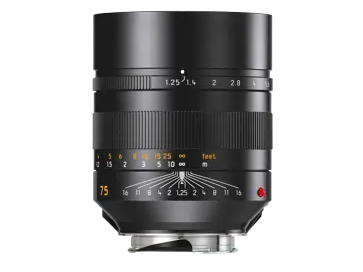
Summicron-M Lenses
Summicron-M lenses unite a sleek, compact design with remarkable lens speed and exceptional image quality. They are the perfect choice for photographers who prioritise precision, adaptability and outstanding imaging quality, whether capturing street scenes, travelling to seek out new subjects or engaging in journalistic work.
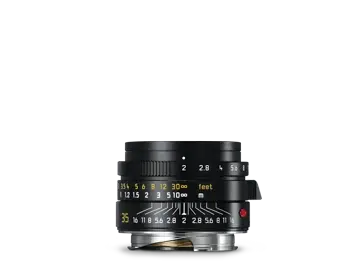
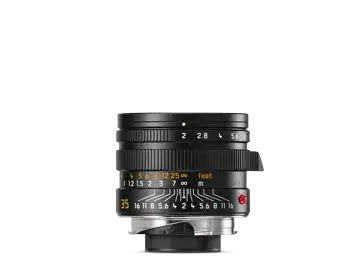
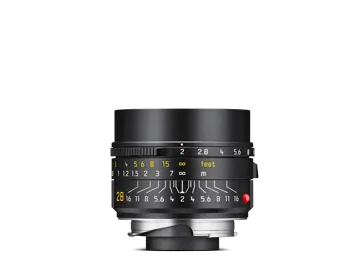
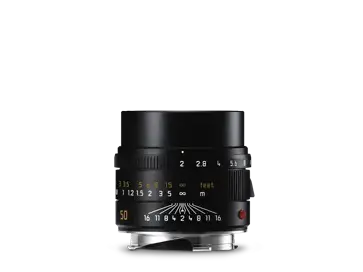


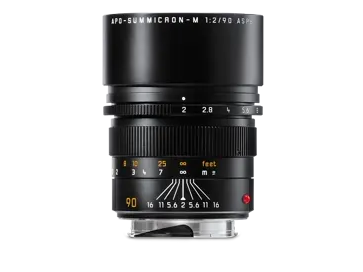
More M-Lenses
Leica provides an extensive selection of M-Lenses, meticulously designed to meet specialised demands. From compact wide-angle lenses to macro lenses and traditional telephoto focal lengths: each one exemplifies exceptional precision, superior image quality and masterful craftsmanship.
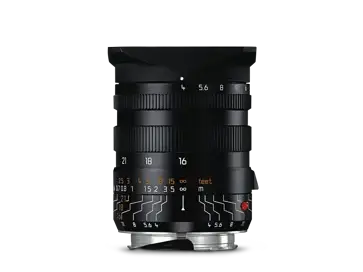

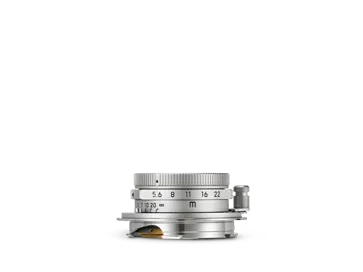
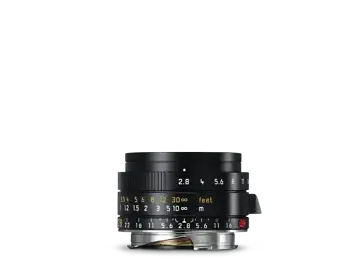
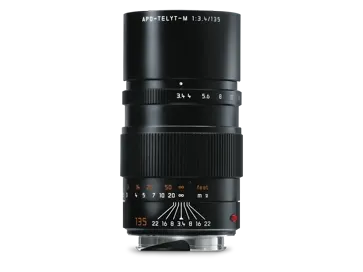
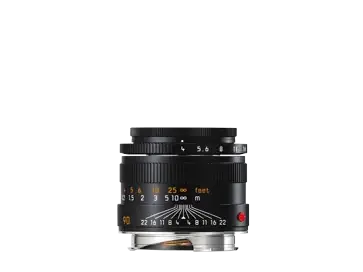
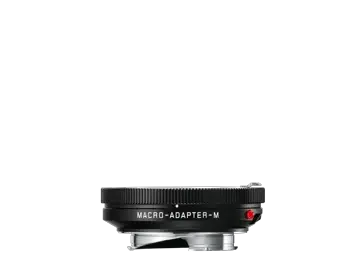
Developed for Optimum Image Quality
Leica M-Lenses are benchmarks for both digital and analogue photography. With focal lengths ranging from 16 mm to 135 mm and lens speeds of up to f/0.95, they deliver remarkable sharpness, precise contrast and true-to-life colour rendering. They have been compatible with every Leica M-Camera since 1954, embodying reliability and enduring excellence.

Perfection in lens design extends far beyond elegantly crafted MTF curves and flawlessly corrected aberrations. Achieving this level of perfection requires meticulous effort in production, ensuring that the highest standards are ultimately delivered to the customer.
Peter Karbe, Leica Camera AG


